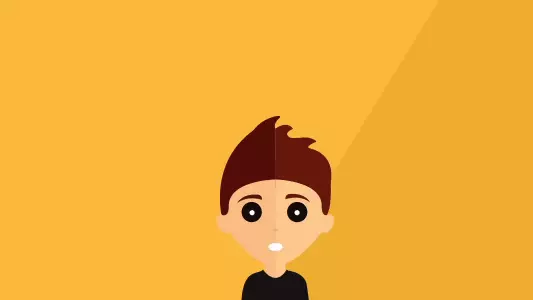
Ignorance is no longer bliss. Lack of financial literacy among Americans is costing them dearly. As per the new Experian report, Americans have an average of $6,506 in credit card debt. Most Americans are overburdened with a huge amount of credit card debt as they simply don’t understand the consequences of not paying the bill in full and within time. Most of them don’t know the terms and conditions of the financial products they’re using. After they incur debts, they run to debt relief companies to reduce their debt burden. It’s due to this reason, one should gather knowledge on every day-to-day financial matters. Anyone can understand how to manage money and save money to secure his/her financial life. It will also help him/her to live a peaceful financial life.
What is financial literacy?
Financial literacy is the knowledge and insights of understanding what is money and how to spend and save it. This understanding of money helps a person to manage money well and to grow it to generate wealth.
How can financial literacy improve your financial well-being?
For most people, managing finance is a boring task. But, understanding money is important since it has a great impact on your life. Financial literacy is understanding how to manage finances properly. Financial knowledge helps you to use money responsibly. It helps you to make the right decision about spending, taxes, banking, savings, and investments. Being a financially educated person, you can ensure good financial health.
Financial education can enrich your life in many other ways.
Here you go:
To comprehend the law of interest
The primary reason for most people to get financial knowledge is to comprehend the law of compound interest. When most people take out student loans, credit cards, personal loans, payday loans, they do so without any kind of prior knowledge on the interest rates associated with them. The concept of risk management and the risks of making late payments on their loans must be taught to them. They must be made aware of the bad consequences of defaulting on their multiple loans, be it student loans or credit cards.
For effective personal finance management
When people step out of college, their first wish is to taste financial freedom. They take up multiple credit cards and also finance their higher education by taking out multiple educational loans. With the sluggish nature of the US economy, an increasingly large number of students are turning to legal financing for their education. If all the students take out loans without being financially literate, they would never be able to handle their finances effectively.
To evaluate the significance of the bankruptcy
Most people are taking out multiple loans without considering their affordability and the after-effects of filing bankruptcy. Incurring credit card debt and running for bankruptcy will do nothing but tarnish their credit score. A poor credit score can even jeopardize the prospects of getting a good job. They must be made aware that bankruptcy can hurt your credit score terribly and careful handling can help you avoid all such bad financial situations.
How can you enrich your financial knowledge?
Having the right personal financial knowledge can help you with your savings and also with the economy of the country. If you want to enrich personal finance of your own, there are several ways to do so. You must have the patience to do it so that you don’t fall into debts anymore. There are several sources of information that’ll help you enrich your knowledge of personal finance and also help you rise from financial rubble.
Sources that can help you enrich your financial knowledge
Various sources help you enrich your knowledge on the ways you can manage your finances and also pay off your debts if you have.
Take a look at the sources that help you enrich your knowledge on personal finance:
1. Good books
There are a lot of books that can help you to gain financial knowledge. If you’re a member of the library, you can easily take financial books or magazine home and read them to enrich your knowledge as well as get inspired. There are also good magazines that publish good articles on these topics and also publish the personal story for getting inspired.
2. Experts view
Nothing is better than getting advice from an expert who have dealt with these things. They can be your counselors or even your relatives or friends. You may also ask your relatives or friends for advice. They may also give you lessons on money management that they have learned from their mistakes. Mistakes are to be learned from and not to be committed again.
3. Internet browsing
This is the most advanced place to search for anything you need. This is the place where you can get educational as well as fun stuff to enrich personal finance. You can get really good content-rich blogs on the Internet that has the best advice and information up their sleeves. These websites are fully dedicated to helping their readers manage their money and get out of debt. So, you can read them and get the idea.
Lastly, 4 among 10 people in America believe that they’re less financially aware than their previous generations and less than 1 in 10 people think that they’re well educated financially as a nation. The personal finances of the US consumers have become a lot more sophisticated but their understanding power has shrunk. Incurring debt and then going for bankruptcy is not the right way to deal with your finances. Get educated so that this knowledge gap does not further cost the Americans dearly.
With proper help you can
- Lower your monthly payments
- Reduce credit card interest rates
- Waive late fees
- Reduce collection calls
- Avoid bankruptcy
- Have only one monthly payment
